Have you heard of The Science of Reading? This is a recent document that has been released that is transforming the way we teach children to read.
This research has taken place over many decades and involves professionals from all different areas of child development. Thanks to this in-depth, longitudinal research, we now KNOW how children learn to read.
We no longer need to speculate or guess. Thanks to The Science of Reading, we know how children learn to read – and equally important, we know what doesn’t work.
Not surprisingly in the least, this research has shown how important the early years are to later reading success. Again – no pressure for those of us with toddlers and preschoolers!
Now this is a big body of research and feels a bit complex to look through – if only there was someone out there eager to look through such a huge body of research and summarize it into what parents really need to know about The Science of Reading.
OH Wait! (She says as she pushes her glasses back on her nose and takes a long drink of her tea) That’s ME!
Alright, my friend, let’s dive in (briefly). What is The Science of Reading?
The Science of Reading tells us exactly how children learn to read. All children. This is how brains develop the skills needed for reading. With this research, we know that children can learn to read once they have these skills in place.
Some children will be ready to learn to read earlier than others, of course, just as some children are ready to walk earlier than others, but children will develop reading in this way.
Here is what we know:
When teaching children to read, most reading difficulties can be prevented by focusing on phonics and phonemic awareness, as well as with practice through repetition of simple text.
We now know that memorization of words, or using the “three cueing system” is ineffective.
The wonderful thing is that many educators have believed this to be the case for years (ahem – me). While this buzz word phrase, The Science of Reading, is new – the methods and skills are not.
Here is a beautiful way to highlight why learning phonics is more beneficial to children than memorizing words:
When a child learns to read ten words, he can read ten words. But when a child learns the sounds of ten letters, he can read:
- 350 three-sound words
- 4320 four-sound words
- 21650 five-sound words
Isn’t that mind blowing! I found that information on IMSE Journal. While I am all for research, I am not really in the mood to play with ten sounds to see if I can come up with 21650 five-sound words, so I am just going to take their word for it.
Do you want to know more about Phonological Awareness and what it actually means? Grab my free phonological awareness guide as well as my Phonics Sound Cards right here:
So, what does this really mean for the parents and teachers of the How Wee Learn community?
It means peace of mind.
All of the resources you will find here on the How Wee Learn blog and over in our Resource and Curriculum Shop are directly in line with The Science of Reading.
Read alouds, comprehension, and literacy development begins in my Playful Days Toddler Program (for little ones 18 months – 3 years)
Phonological Awareness and Phonics begin alongside teaching letters in my Preschool Program Play into Kindergarten Readiness (for preschoolers 3-5 years).
Phonics and Phonological Awareness continues to be developed as we also introduce building vocabulary and comprehension in Kindergarten at Home (for children 4-6 years, or after completion of Play into Kindergarten Readiness)
These skills continue to be taught and revisited as we introduce reading familiar texts, improving vocabulary, fluency, and comprehension in my Grade School Programs (for children 6-8 years old).
This is the case for all of the resources you will find here.
And best of all, everything you will find here on How Wee Learn focuses on Quality over Quantity. School work should not take all day. It is incredible what can be accomplished in as little as 20 minutes of play a day.
So, now you know all you need to know about The Science of Reading AND you know how to ensure your little one has the needed skills in their back pocket with ease and beauty because of the How Wee Learn resources.
I read a quote the other day that I have been thinking of ever since:
“An investment in knowledge pays the best interest” – Benjamin Franklin
Knowledge really is power. Now that we know how little ones learn to read, we can skip over everything that doesn’t work and simply give them what they need.
Any questions? Just leave a comment on this blog post – I will be sitting here ready to push my glasses back on my nose and all too keen to grab another cup of tea and dive in.
Life is so much more beautiful when we learn new things together.
Thank you so much for reading,
xo
Sarah
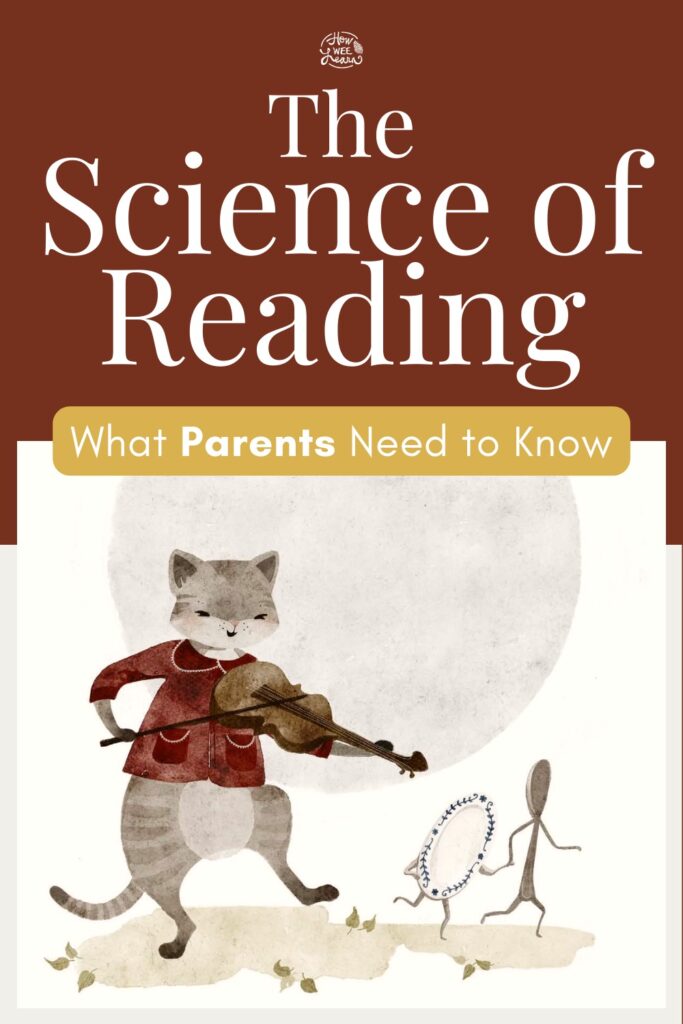
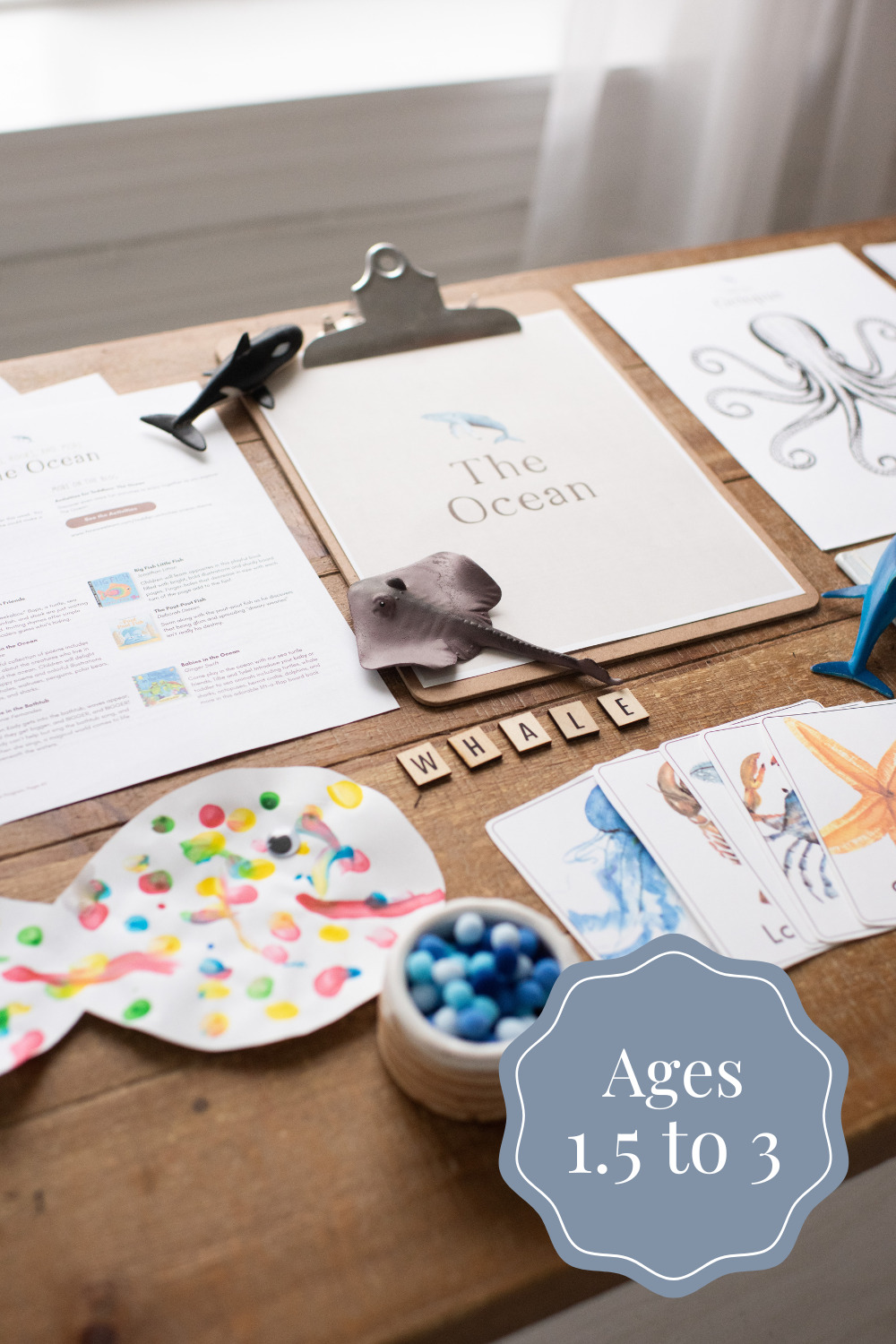
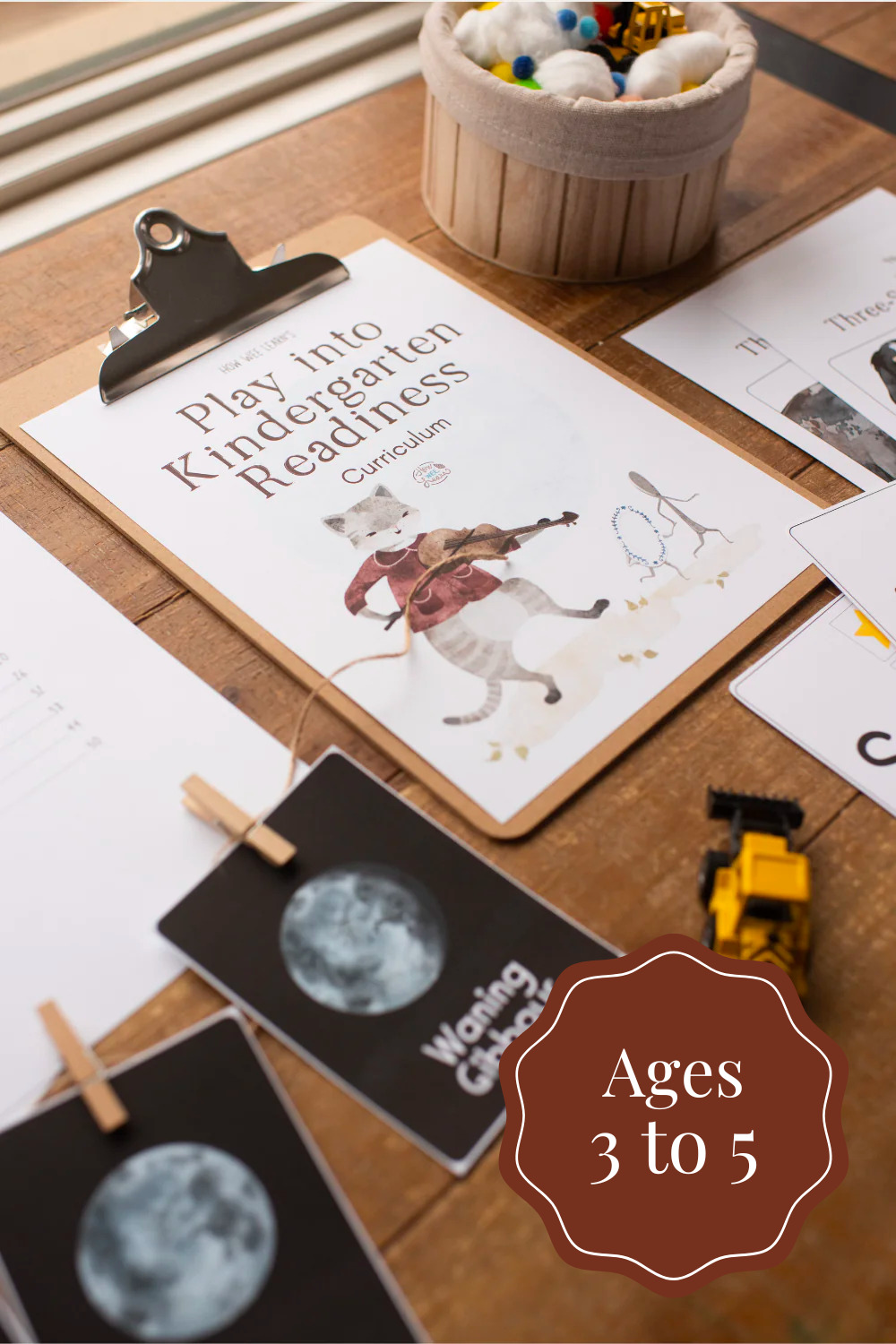
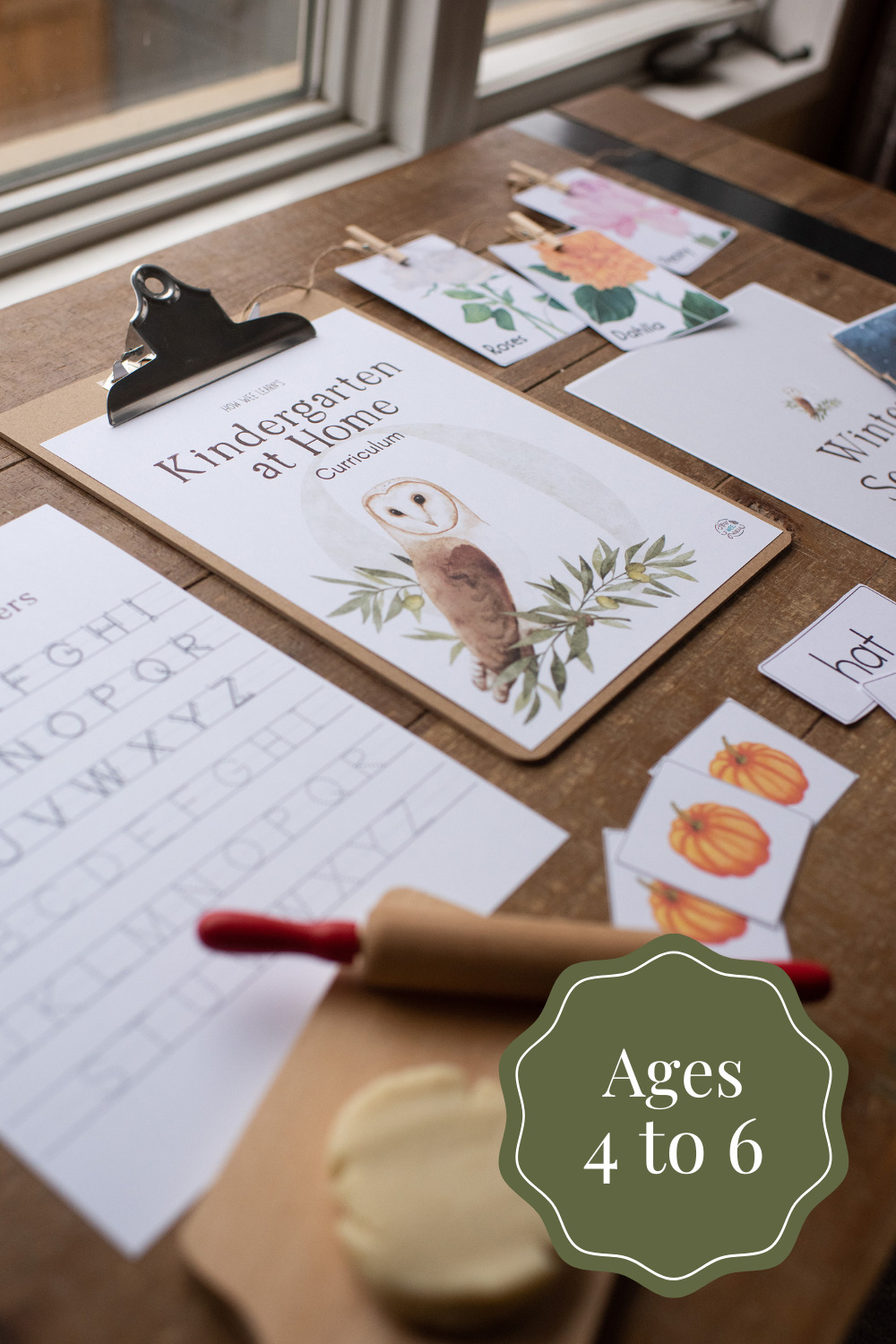
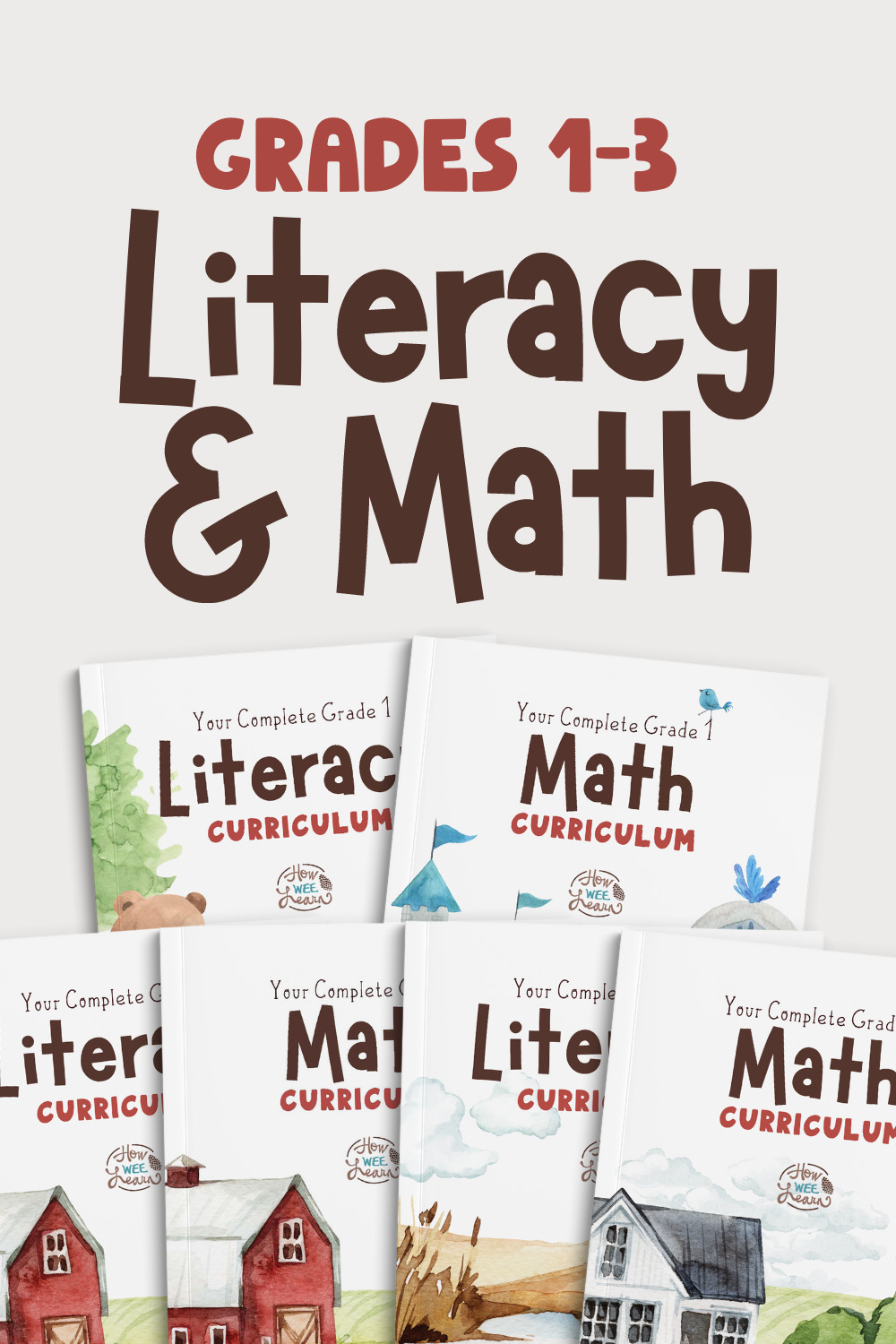

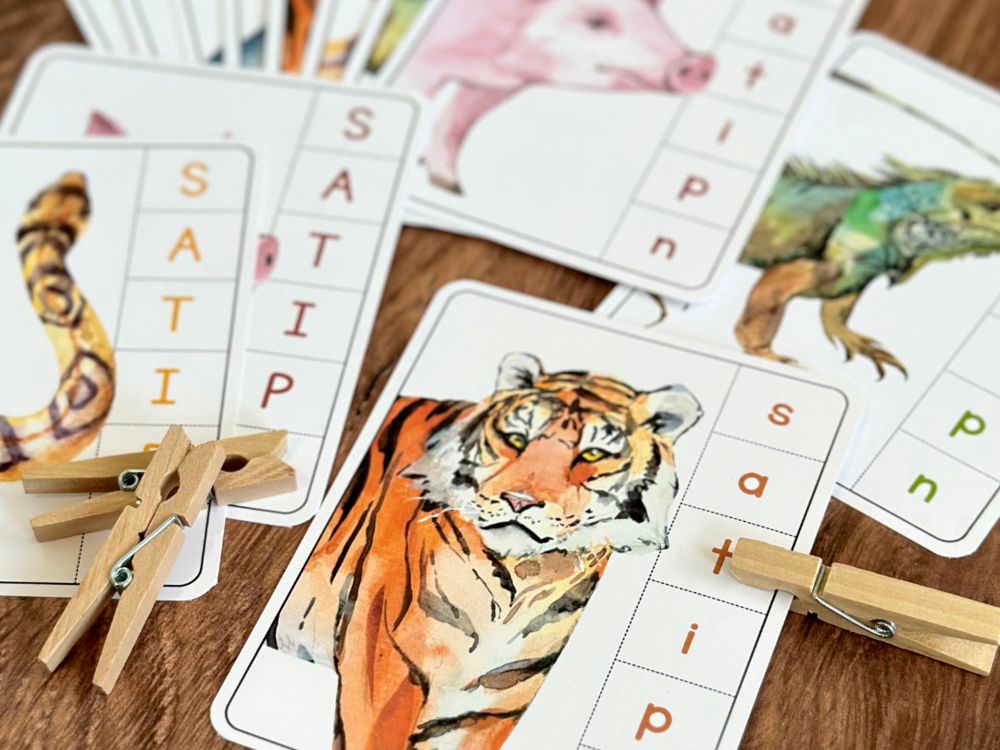
Leave a Reply